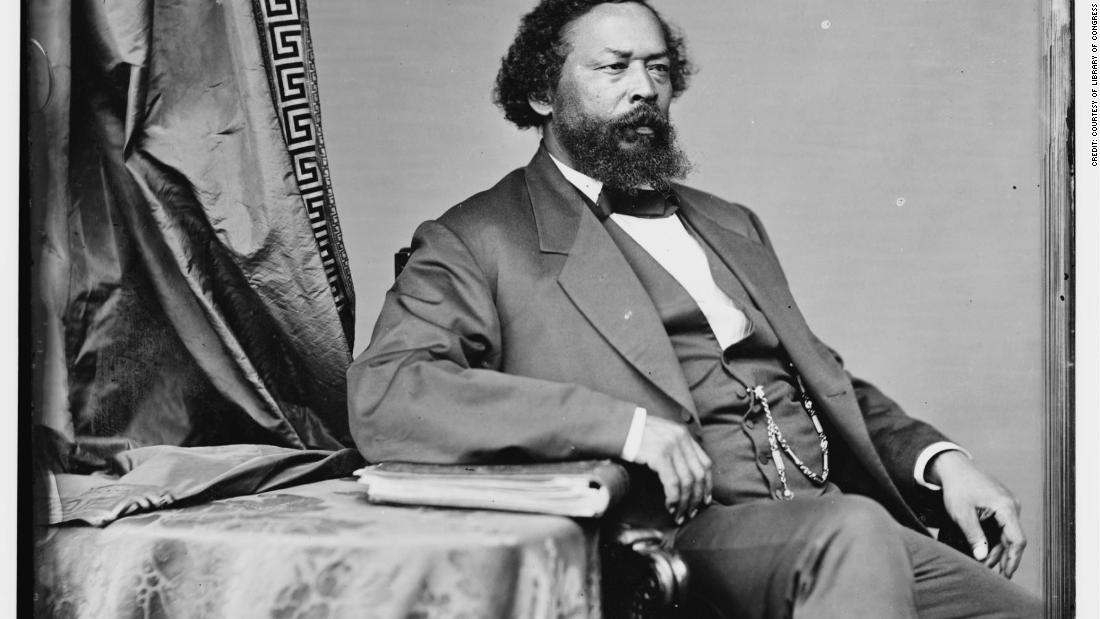
Abraham Lincoln freeing the slaves "wasn't the end of the story. It was just the beginning," Gates explains near the outset, leading a tour through 50 years of US history, from Andrew Johnson becoming president through the release of D.W. Griffith's "The Birth of a Nation," a cinematic ode to racism -- dubbed by one expert "the cultural apex of Southern redemption" -- that shaped the modern image of the Ku Klux Klan.
In between, "Reconstruction" enlists a host of academics to detail key events of the post-war years and connect policies designed to disenfranchise African Americans to tactics that are still being widely employed.
Later chapters look at the cultural response within the African-American community, and the disparate views of two key leaders of the era, W.E.B. DuBois and Booker T. Washington, regarding the most effective means of pursuing racial justice.
Many of the policies enacted during Reconstruction conspired to leave blacks mired in poverty, with the fallout from those actions lingering 150 years later. Legislative efforts were augmented by violence and disinformation -- the latter preying upon a relatively gullible, unsophisticated population in a manner, one historian notes, which mirrors the role social media has come to play this century.
All of that ties into the ugly specter of racism, which, author and Columbia University professor Eric Foner says, continues to be "the deepest legacy of slavery in our society."
Nor does it require much of a stretch to chart a path, as the filmmakers do, from Jim Crow laws, efforts to rehabilitate the Confederacy's image and demonization of black men to racial profiling, a surge in white supremacy and attempts to suppress African-American political participation.
Gates has become a regular presence on PBS, but file this under the more substantial side of that contribution, compared to, say, his popular "Finding Your Roots" series, which also pairs him with filmmaker Dyllan McGee. (The subject ties in with a related book by Gates that's being released this month.)
In his introduction, Gates dubs Reconstruction one of American history's most consequential chapters, as well as one of the most "misrepresented and misunderstood."
Even a four-hour documentary isn't sufficient to remedy that lack of understanding, but thanks to the artful way that "Reconstruction" lays out its case, it's a start.
"Reconstruction: America After the Civil War" premieres April 9 at 9 p.m. on PBS.
No comments:
Post a Comment